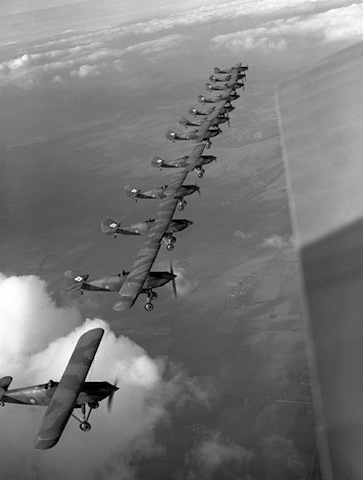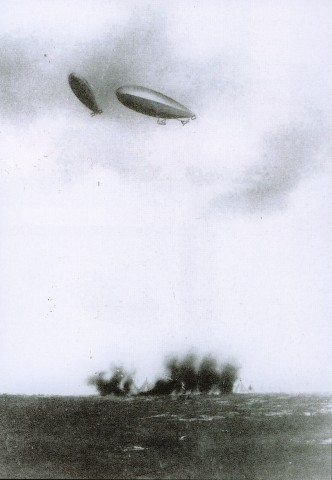A new and barbarous practice
On 2 June 1915, a London coronial inquest was held into the deaths on the night of 31 May of Henry Thomas Good, 49, and Caroline Good, 46. The jury returned the verdict That the deceased died from suffocation and burns, having been murdered by some agent of a hostile force.1 That was about as […]


